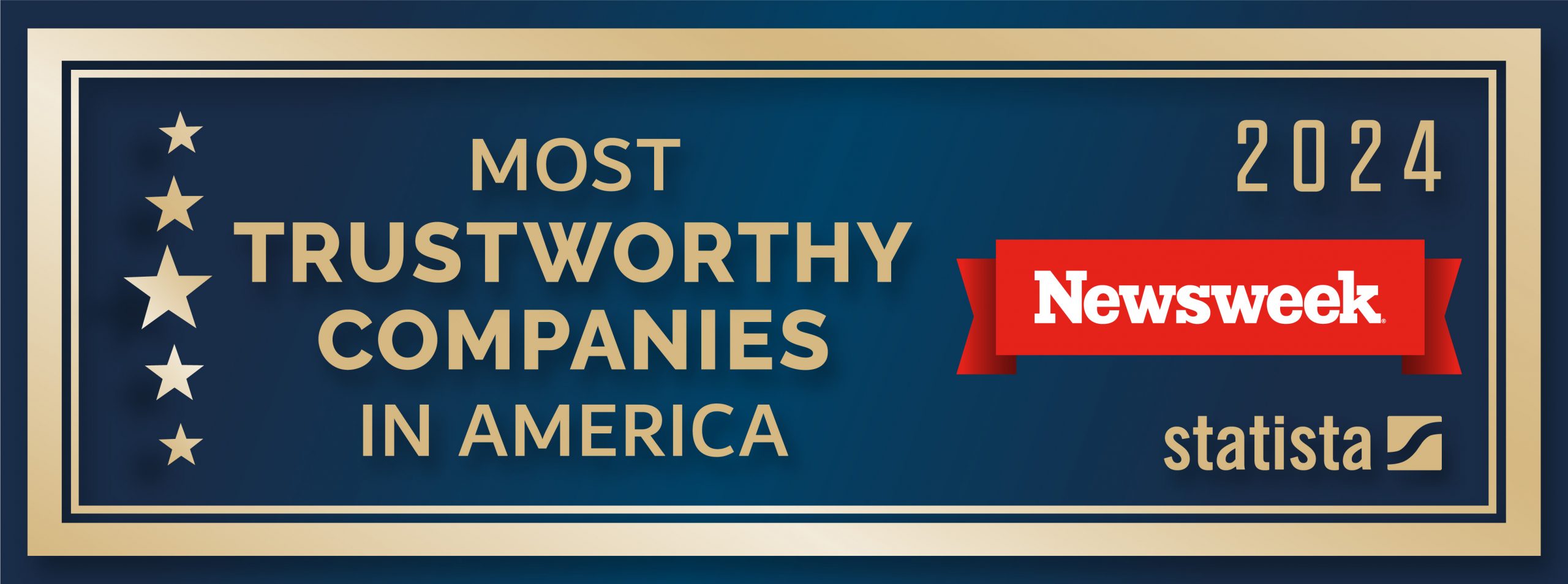“Most” is a Cardinal Sin – I am Not “Most” and Neither Are YOU
One of the really wonderful things about being in a PhD program is that students are required to read for depth and breadth in the area they wish to specialize. A student must be able to read and understand the literature. As well, there is an application component. In other words, a student must look at what they are observing in the field and be able to utilize the literature to support their argument or conversely to use their argument to disprove the literature. There are no texts which are not valuable, regardless of when they were written. Jessica Mitford wrote in 1963 and is still quoted today. She is remembered for having brought the funeral industry to the attention of the government which resulted in regulations. Vanderlyne Pine, wrote ten years later in 1973. His text which distinguishes the difference in bureaucratic organization between community and cosmopolitan funeral homes and the implications to funeral professionals remains topical, 35 years later.
Other authors have looked at how we approach our dead, our relationship with our dead, identified ways in which we change or transform our dead. As well, there are authors who have researched the ways our spirituality is changing and the implications that has on rites of passage.
We cannot have a future without remembering our past. It is that simple. The funeral industry has grown and changed from its inception and continues to evolve. In part, the industry is changing to meet the changing needs of its clients. Families no longer live around the corner from one another and are often separated by great distances. Families no longer attend traditional church services as frequently but their level of spirituality has remained steady and even increased. What is now considered ostentatious for funerals was once the gold standard. Today, some ethnic groups continue to spend large amounts of money of very ornate caskets, tombs, and flowers because that is their tradition. Others look towards spending more conservatively, looking at green burials, rental caskets, direct cremations. None of these choices indicates that bereaved families are not interested in funeral or memorial services but rather that their needs are changing and the funeral industry must meet those needs.
“What did you sell ?” and “how much did you get?” should not be phrases which are tossed about in any office or coffee room of a funeral home. “Who did you help today” and “what did you teach?” is more often the topic of discussion among funeral directors who believe they are in a profession which serves families at their time of need.
There is nothing wrong with a green funeral or a low cost funeral. To suggest that there is means that we are passing judgment on the choices made by our bereaved families. The role of the funeral director is to facilitate those choices rather than to push our own choices on families. Vanderlyne Pine is very clear in his discussion of this issue. As a funeral director who believes in helping families decrease their costs when arranging funerals for a loved one, it is surprising that you adopt a judgmental position on those who choose to follow their own course rather than the one you recommend. There are funeral homes which operate as not for profit and make this fact widely known. They charge families for their services and for the goods which they purchase, not at their cost but at a cost which will allow them to stay afloat and pay their staff and the funeral home expenses. There are funeral homes which offer deluxe service packages and families who choose those homes are well aware of the type of service and merchandise which is available to them before they walk through the door. Yes, there is a markup on caskets .. there is also a markup on clothing, food, automobiles, gasoline, construction, garden supplies. In fact, nothing is sold at cost. If we lived in a society where goods were exchanged for services we could argue that a casket might be worth 10 chickens and a bushel of apples, potatoes, and a several bags of flour, not to mention a lot of eggs. We don?t have that luxury, we pay in dollars and cents and in turn, we support an economy of others who help to support us.
Education of the public is key to the success of the funeral industry. It is essential that people become educated about the options available to them so they can make educated choices when the time comes. High school students need to be educated by death professionals in order to help them understand the life cycle. Funeral service professionals come from many fields including funeral directors, bereavement counsellors, vault manufacturers, urn manufacturers, cemetery and mausoleum directors. As a group we have a wide range of knowledge and topics which the public is for the most part unaware until they find the need to use our services. We need to build on our history of service to families whether we expect a family to return to our funeral home or cemetery office or not.
Good service is a philosophy it does not come with a price tag. My very first funeral family was a social service family which received the same good service as the next family who came through the door and spent 10 times the amount of money.
Final thought, having spent time doing research and then writing about my observations: never generalize. Most is a vague term used by those who cannot support their findings with either statistics or the literature. Jessica Mitford suggested that most funeral directors were greedy and self serving. As well she suggested that most clergy did not want funeral home staff in their churches assisting with the casket or the family. These facts do not hold up. There is no most, there are only individuals. With all due respect, I doubt you know most funeral directors any more than I do. The difference between us, is that I have spent 4 years observing many funeral directors in many funeral homes … and still, I do not dare to suggest that most funeral directors or funeral homes. I do not dare to suggest that one rogue makes an entire industry into rogues. WE need to be very careful not to fall into the pit which holds Jessica Mitford and her like, where our personal beliefs blind us from the reality of what north american society wants or needs in their deathways.



